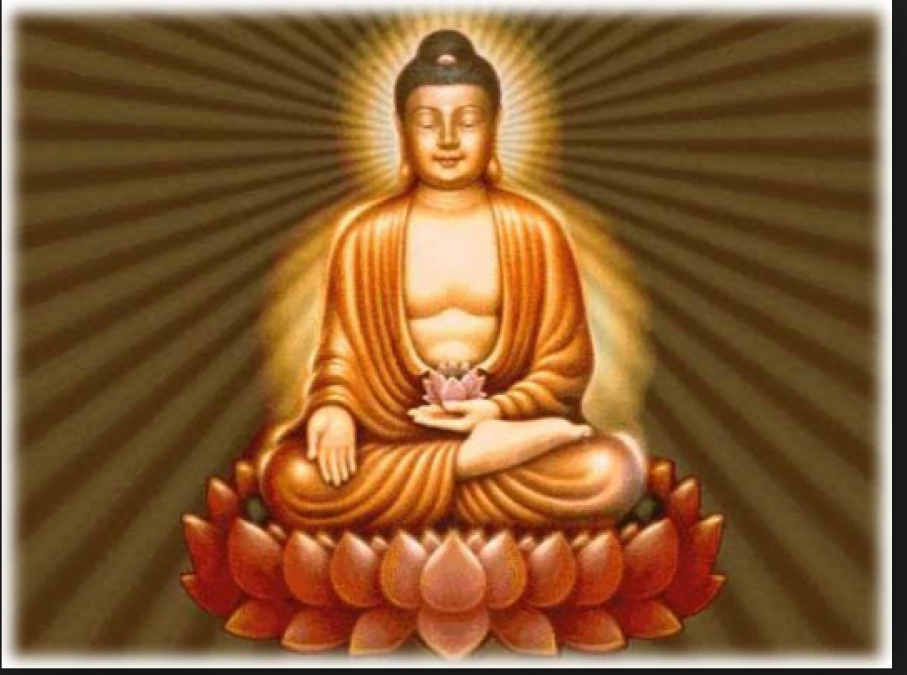
Western culture seems at war with itself over moral values. On one side are those who believe one lives a moral life by following rules handed down by tradition and religion. This group accuses the other side of being "relativists" without values. Is this a legitimate dichotomy, and where does Buddhism fit into it?
"Dictatorship of Relativism": Shortly before he was named Pope Benedict XVI in April 2005, Cardinal Joseph Ratzinger said, "Relativism, which is letting oneself be tossed and swept along by every wind of teaching, looks like the only attitude acceptable to today’s standards… We are moving toward a dictatorship of relativism which does not recognize anything as definitive and has as its highest value one’s own ego and one’s own desires."
This statement is representative of those who believe that morality requires following external rules. According to this view, the only other arbiter of morality is "one's own ego and one's own desires," and of course ego and desire will lead us to very bad behavior. If you look for them, you can find essays and sermons all over the Web that decry the heresy of "relativism" and insist that we humans, flawed as we are, cannot be trusted to make moral decisions on our own. The religious argument, of course, is that the external moral rules are God's law and must be obeyed in all circumstances without question.
also read Islamic Month Ramadan: History, Fasting and Religious values of the holy month
Buddhism: Freedom Through Discipline: The Buddhist view is that moral behavior flows naturally from mastering one's ego and desires and cultivating loving-kindness (metta) and compassion (karuna). The foundation teaching of Buddhism, expressed in the Four Noble Truths, is that the stress and unhappiness of life (dukkha) is caused by our desires and ego-clinging. The "program," if you will, for letting go of desire and ego is the Eightfold Path. Ethical conduct -- through speech, action, and livelihood -- is part of the path, as are mental discipline -- through concentration and mindfulness -- and wisdom.
The Buddhist Precepts are sometimes compared to the Ten Commandments of the Abrahamic religions. However, the Precepts are not commandments, but principles, and it is up to us to determine how to apply these principles to our lives. Certainly, we receive guidance from our teachers, clergy, scriptures and other Buddhists. We are also mindful of the laws of karma. As my first Zen teacher used to say, "what you do is what happens to you."
The Theravada Buddhist teacher Ajahn Chah said,
"We can bring the practice all together as morality, concentration, and wisdom. To be collected, to be controlled, this is morality. The firm establishing of the mind within that control is concentration. Complete, overall knowledge within the activity in which we are engaged is wisdom. The practice, in brief, is just morality, concentration, and wisdom, or in other words, the path. There is no other way."
The Buddhist Approach to Morality Karma Lekshe Tsomo, a professor of theology and a nun in the Tibetan Buddhist tradition, explains, "There are no moral absolutes in Buddhism and it is recognized that ethical decision-making involves a complex nexus of causes and conditions. 'Buddhism' encompasses a wide spectrum of beliefs and practices, and the canonical scriptures leave room for a range of interpretations. All of these are grounded in a theory of intentionality, and individuals are encouraged to analyze issues carefully for themselves. ... When making moral choices, individuals are advised to examine their motivation--whether aversion, attachment, ignorance, wisdom, or compassion--and to weigh the consequences of their actions in light of the Buddha's teachings."
Buddhist practice, which includes meditation, liturgy (chanting), mindfulness and self-reflection, make this possible. The path requires sincerity, discipline, and self-honesty, and it is not easy. Many fall short. But I would say the Buddhist record of moral and ethical behavior, while not perfect, compares more than favorably to that of any other religion.
also read Christian hypocrisy: what it means and how it drives people